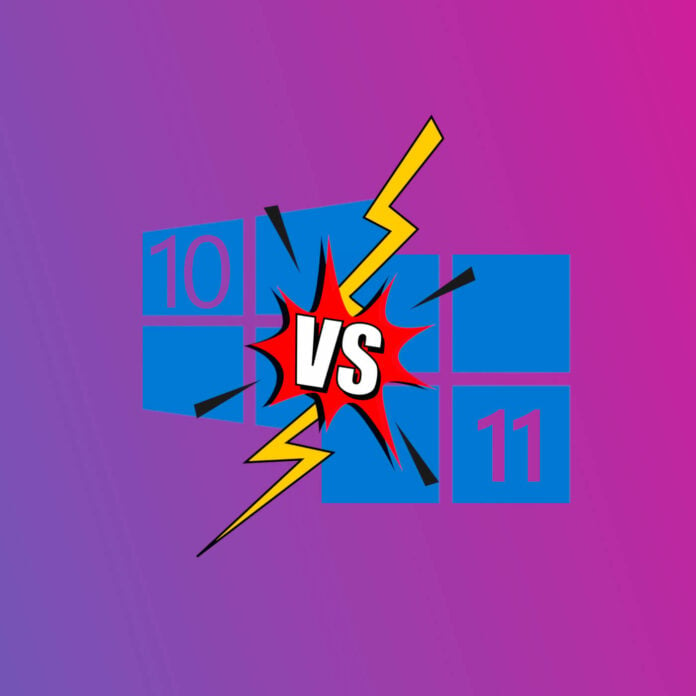Microsoft is doing all it can to promote Windows 11 in the wake of Windows 10 support coming to an end later this year. There are legitimate advantages that come part and parcel with the operating system, that the company rightly highlights. However, claims of performance uplifts have raised eyebrows for all the wrong reasons.
In a recent post on its Windows Experience Blog, Microsoft explains that its current generation operating system improves improves the Windows Update experience, leading to better performance. The relationship between these two elements is tenuous but the brand goes so far as to boldly state that “Windows 11 PCs are up to 2.3x faster than Windows 10 PCs.”
Naturally, this claim comes with a footnote which reads “based on Geekbench 6 Multi-core benchmark.” It isn’t until we follow the accompanying hyperlink that follows this disclaimer that the method behind this madness becomes clear. Turns out, Microsoft bases its claim on comparisons between Windows 11 laptops with 12th and 13th Gen Intel Core laptops to Windows 10 devices using older 6th, 8th, and 10th Gen chips.
This is as close to comparing apples to oranges as it gets. For example, the most-powerful 6th Gen Core processor only packs two cores and four threads. Meanwhile, more-modern 13th Gen CPUs can house up to 24 cores and 32 threads, to say nothing of their architectural improvements.
I believe Microsoft’s intention was to illustrate the performance gains that system upgrades can entail. However, that’s practically all down to internal hardware rather than the operating system. It’s true that Windows 11 has better support for hybrid CPU architectures, but the way to showcase that is by comparing results to Windows 10 running on identical specifications.
Underhanded or miscalculated marketing like this will only sour users who know better away from Windows 11, potentially pushing them to explore Linux alternatives or MacOS. Some credibly argue that the operating system’s perception is perhaps too far gone, á la Windows 8, and that bringing in a sequel is the smarter way to go. Unfortunately, Windows 12 won’t be with us any time soon according to rumours.

